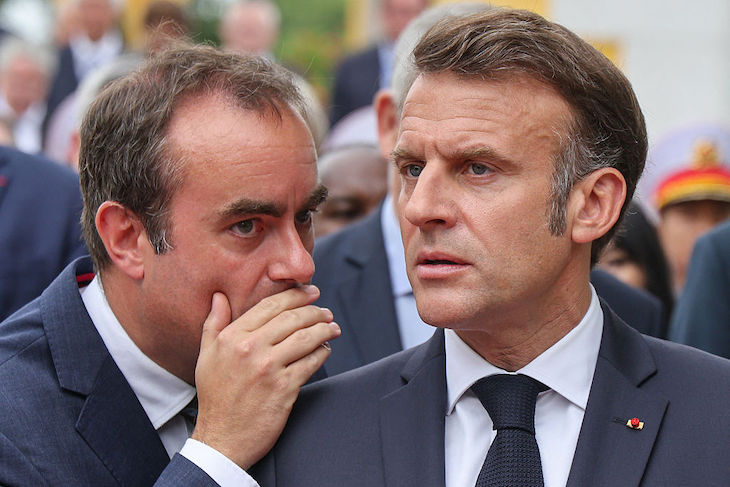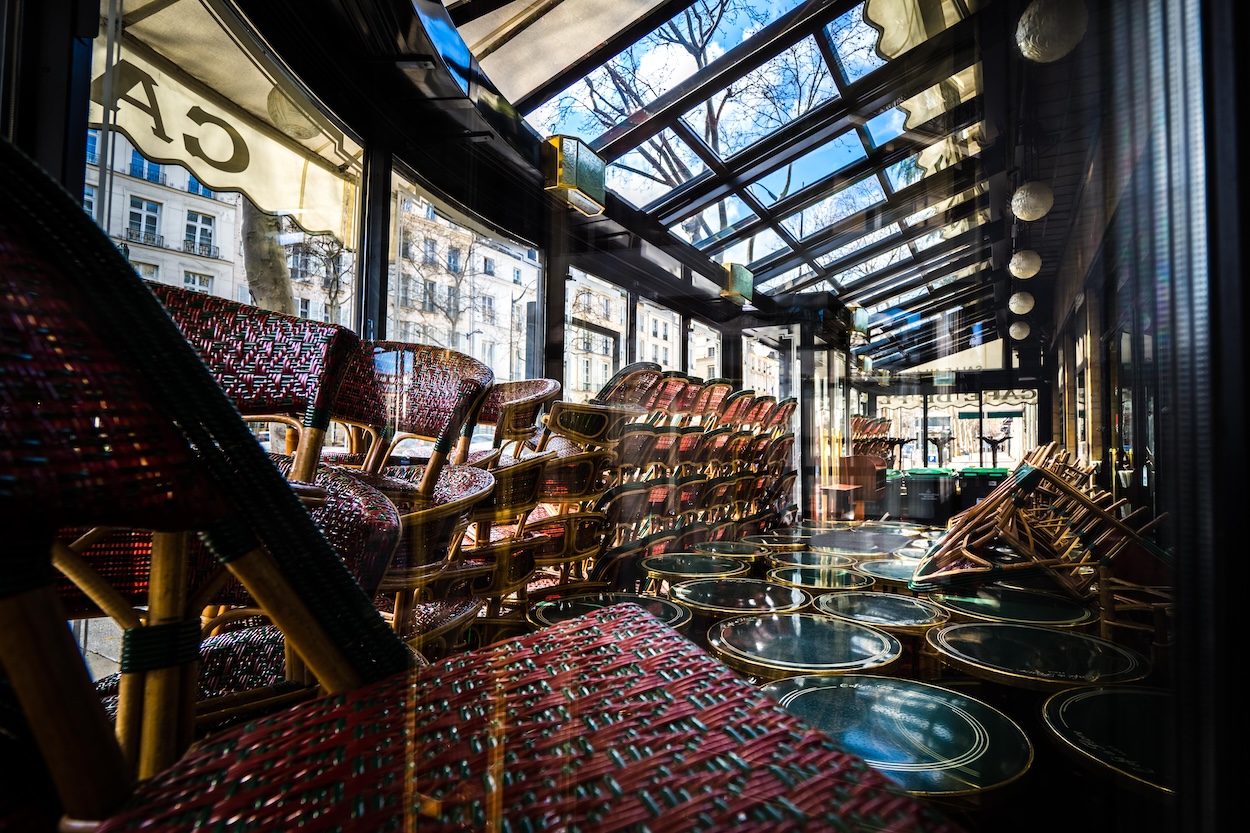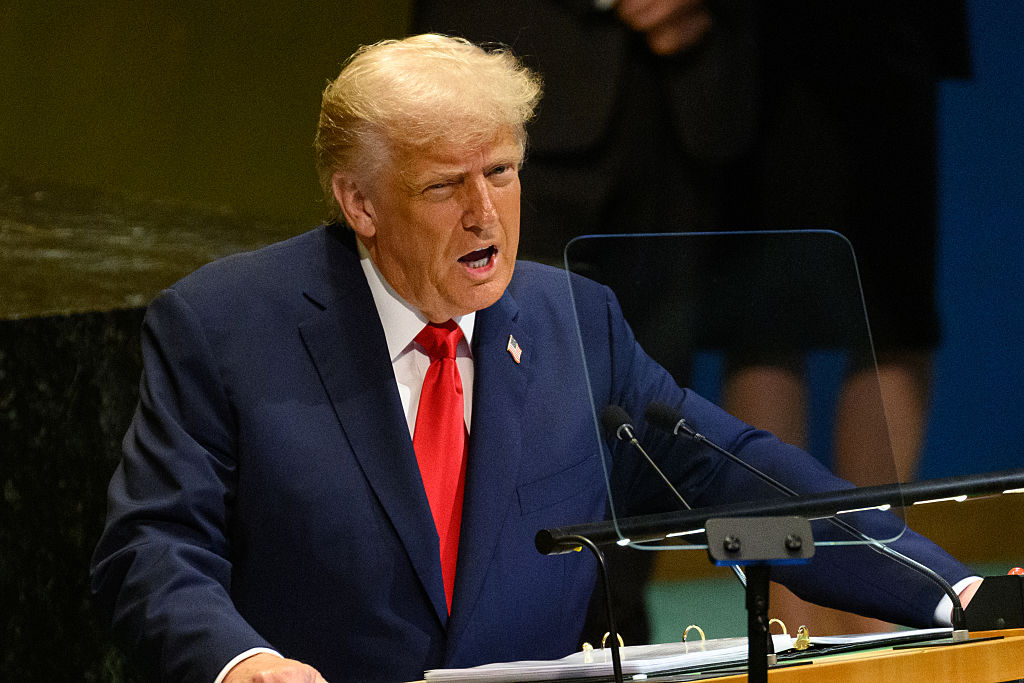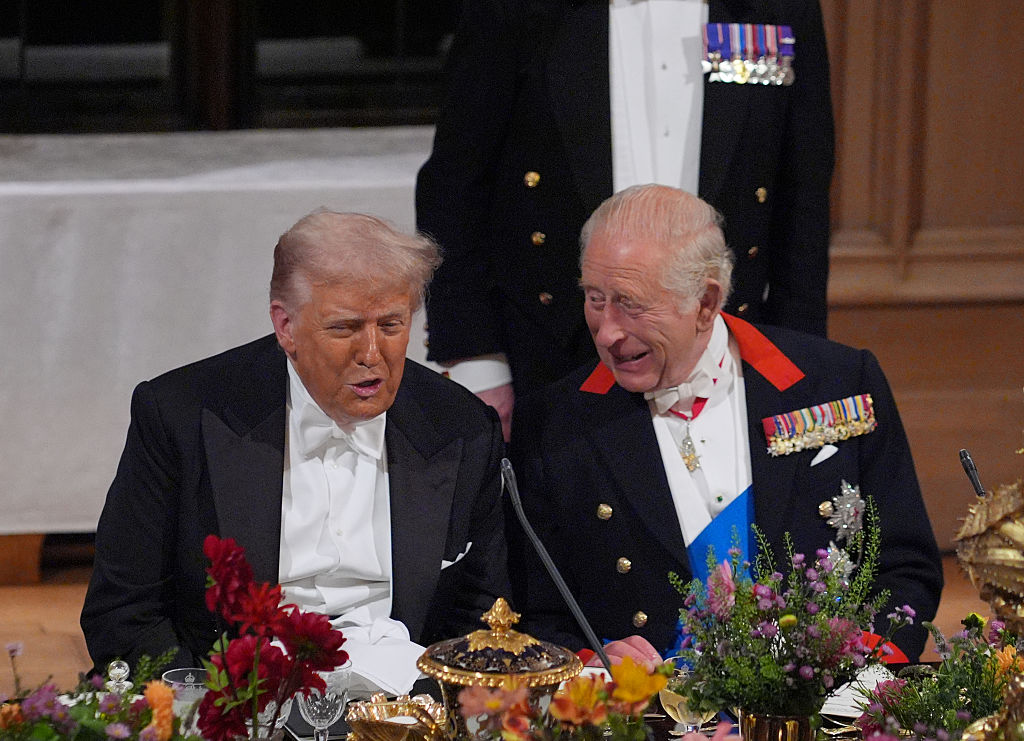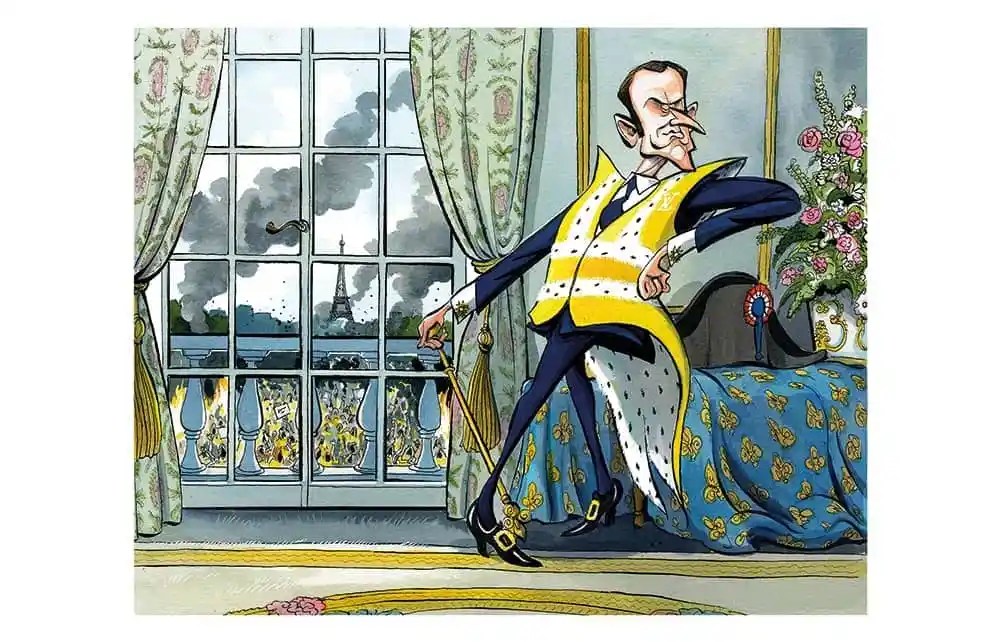The Alternative für Deutschland (AfD) party continued its westward march in popularity across Germany yesterday, securing third place in the local elections in the western state of North Rhine-Westphalia. Preliminary results show that, alongside the outcomes of mayoralty and district administrator elections which took place in the state, the far-right party won 14.5 percent of the vote across the 396 municipalities which went to the polls. The liberal SPD party came in second with 22.1 percent, while the CDU – the governing party in Berlin – secured a third of the vote, with 33.3 percent.
The German Chancellor, Friedrich Merz, will be breathing a small sigh of relief at the results this morning. Although these were local elections, yesterday’s vote has been treated as a litmus test for the first four months of his chancellorship, and it seems he has just about emerged unscathed. But it would be a mistake for the CDU leader to think he is now off the hook until next year’s more significant round of state elections.
While Merz’s Christian Democrats managed to cling on to the top spot in North Rhine-Westphalia, the party did marginally worse than at the last set of local elections in 2020, losing 1 percent of support. This is, however, the party’s worst set of local election results in the nearly 80 years since North Rhine-Westphalia was founded. More concerningly for the Chancellor, the AfD managed to nearly triple its vote share from 5.1 percent five years ago. These results are just the latest sign that, slowly but surely, it’s not just the former East Germany – traditionally the AfD’s homeland – that is falling for the siren song of the far right.
While yesterday’s elections concerned the lowest administrative rung on the ladder of the German state, they were far from insignificant. North Rhine-Westphalia is Germany’s most populous state – about a quarter of the country’s population lives there, with over 13 million eligible to vote (including 16- and 17-year-olds). Voter turnout has been projected at nearly 57 percent – a 30-year high. A flurry of visits to the state in recent weeks by the country’s most prominent politicians, including SPD chairman Lars Klingbeil, prominent Green politician Ricarda Lang and even Merz himself, demonstrated just how important yesterday’s vote has been considered in Berlin.
For Merz’s coalition partners, the SPD, last night was bleak. Winning just a projected 22.1 percent of the vote, the liberals are on track for their worst results in North Rhine-Westphalia’s history. Damningly, the party actually did better than polling done at the end of last month predicted by over four percentage points. That municipal elections in Germany often serve as a protest vote against the governing parties in Berlin is of little comfort to the SPD. Yesterday’s dire results led one of the party’s MPs, Ralf Stegner, to describe the SPD’s situation as “extremely dangerous – perhaps even life-threatening.”
This set of elections was fought primarily on issues over which Merz and his colleagues in the Bundestag have little direct responsibility. Topics such as problems with traffic and the condition of infrastructure such as local roads and bridges cropped up repeatedly. Nevertheless, some themes – such as concerns over the increase in the cost of living and housing pressures in the state – tapped into a broader national discourse.
Predictably, the AfD took advantage of voter concerns surrounding the “integration of foreigners” into the local community as a proxy to once again form their campaign around the questions of migration. Poignantly, the town of Solingen, where three people were stabbed to death and a further eight injured at a festival by a Syrian refugee last summer, sits within the state. Tesla billionaire Elon Musk once again threw his support behind the far-right party, as he did in February’s federal election, tweeting at the end of August that “either Germany votes AfD or it is the end of Germany.”
The local election campaign period was also not without its oddities. An unusual cluster of deaths of AfD candidates in the state in the run-up to the vote – seven in total – led to conspiracy theories, pushed by the party itself, that something nefarious may have taken place. No evidence has so far emerged, though, to suggest foul play in their deaths.
Ahead of the vote, Merz diplomatically promised to “draw conclusions” from the results and, more specifically, to use the lessons his party learns to take the fight to the AfD in the coming months and years. Among the many problems looming over Merz and his SPD coalition partners is a clear issue of demographics: just under 70 percent of over 60s voted for the CDU and the liberals, compared to 43 percent of those under 25.
If the two parties want to secure their political survival over the coming years, they will have to significantly broaden their offerings to younger voters. This won’t be easy: interestingly, it wasn’t only the AfD that scooped up a significant number of youth votes (11 percent): the left-wing Die Linke party secured support from 18 percent of 16-25 year olds. Berlin’s establishment parties are facing a political assault on both sides.
As a microcosm of German politics, last night’s vote in North Rhein-Westphalia shows just how fractured the country is becoming. The results aren’t quite set in stone yet: with a higher than expected number of candidates failing to reach the 50 percent thresholds to win their seats, at least 147 municipalities and districts will hold runoff elections in two weeks’ time, which may yet shift the final vote shares.
True to form, Merz has seemingly squeaked through his first electoral test as chancellor. His stuttering efforts to reset the narrative from Berlin following three largely disastrous years under his predecessor Olaf Scholz’s traffic-light coalition have yet to bear fruit – if they ever will. It is only then that the true test will come for Merz on one question alone: will he have become the chancellor who gave away power to the AfD?













